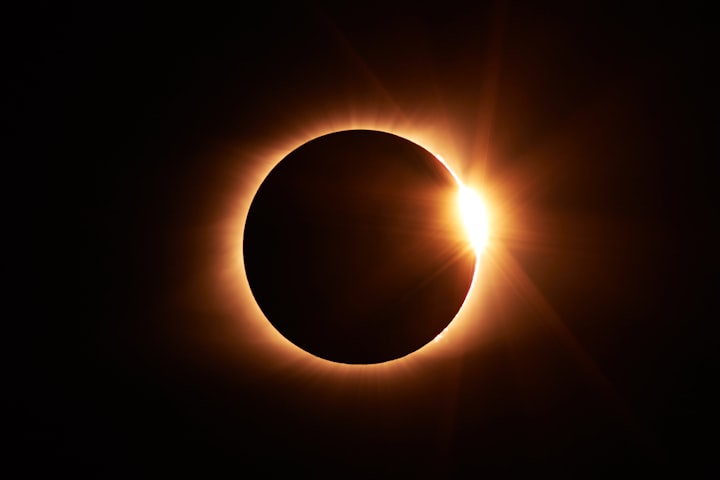What is the Eventual Fate of our Universe?
Big Crunch Theory

WHAT IS THE EVENTUAL FATE OF OUR UNIVERSE?
Most people have heard of the Big Bang, which is the event that started everything again. However, some scientists believe that our universe began with a massive burst of energy, and opinions on how everything will one day come to an end remain divided. There are several theories about how the universe will eventually come to an end, such as the Big Crunch, but the most likely scenario is called the Big Crunch.
According to the Big Crunch Theory, everything in life follows an ebb and flow. If one event occurs, the reverse is likely to occur after hitting the extreme. The theory also has its roots in Einstein's theory of general relativity. Interestingly, observations of the universe show that things aren't behaving as we would expect. For example, galaxies are moving further apart from each other and outer reaches of the universe are expanding faster than those closer to us. However, there are still some unknowns that will affect our ultimate fate.
Scientists are currently grappling with an enigmatic force known as "dark energy," which is exerting a powerful influence on the expansion of the universe. This phenomenon presents two potential outcomes for the universe's future: a continuous and eternal expansion that eventually leads to a freeze, or a scenario known as the "Big Crunch," wherein the force of gravity triumphs over dark energy and the universe collapses in on itself. Some researchers hypothesize that dark energy might be the trigger for the Big Crunch, but a report from 2015 suggests an alternative perspective – that the universe's expansion might gradually diminish over billions of years.
In the absence of a significant presence of dark energy, the mechanics of the Big Crunch would differ considerably from the dramatic event of the Big Bang. This suggests that the universe's ultimate fate hinges on the intricate interplay between the relentless expansion driven by dark energy and the gravitational forces generated by both regular and dark matter. The prevailing theory until recently was that the gravitational forces would eventually slow down the expansion and potentially lead to a contraction of the universe. However, the discovery of dark energy's counterintuitive effect on expansion has introduced a new level of complexity to these predictions.
The allusion to a 2015 report forecasting a gradual diminishment of the universe's expansion within the span of billions of years underscores the ongoing efforts of cosmologists to refine their understanding of the long-term evolution of the universe. It is worth acknowledging that the field of cosmology is dynamic and continually evolving as fresh observations and novel theories come to light. Therefore, for the most current and precise insights into these matters, consulting the latest scientific literature is highly recommended.Scientists
The universe's even contraction will initiate, propelled by the relatively consistent distribution of matter. This gradual process will accelerate as galaxies draw closer under the influence of gravity. In about a hundred billion years, escalating temperatures will trigger stellar explosions and vaporization, reducing objects to constituent atoms that will further disintegrate. As matter compacts into a small space, extreme chaos will reign. Predictions suggest space-time could warp to the point of shattering, rendering concepts of time, distance, and direction meaningless. Survival for any living organism would be impossible, as this cataclysmic scenario unfolds. With our limited comprehension of universal processes, the ultimate outcome remains uncertain. One prospect is the "Big Crunch," wherein all matter converges back to its origin, culminating in an immense black hole. What transpires afterward is speculative, potentially leading to the emergence of a new universe. It's also plausible that these cycles of expansion and contraction have occurred repeatedly, making our existence just another episode in this cosmic sequence.





Comments
Agatha Akro is not accepting comments at the moment
Want to show your support? Send them a one-off tip.